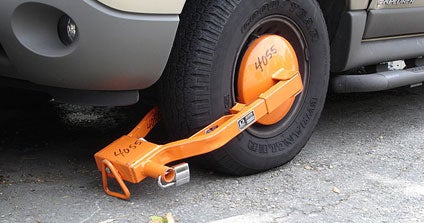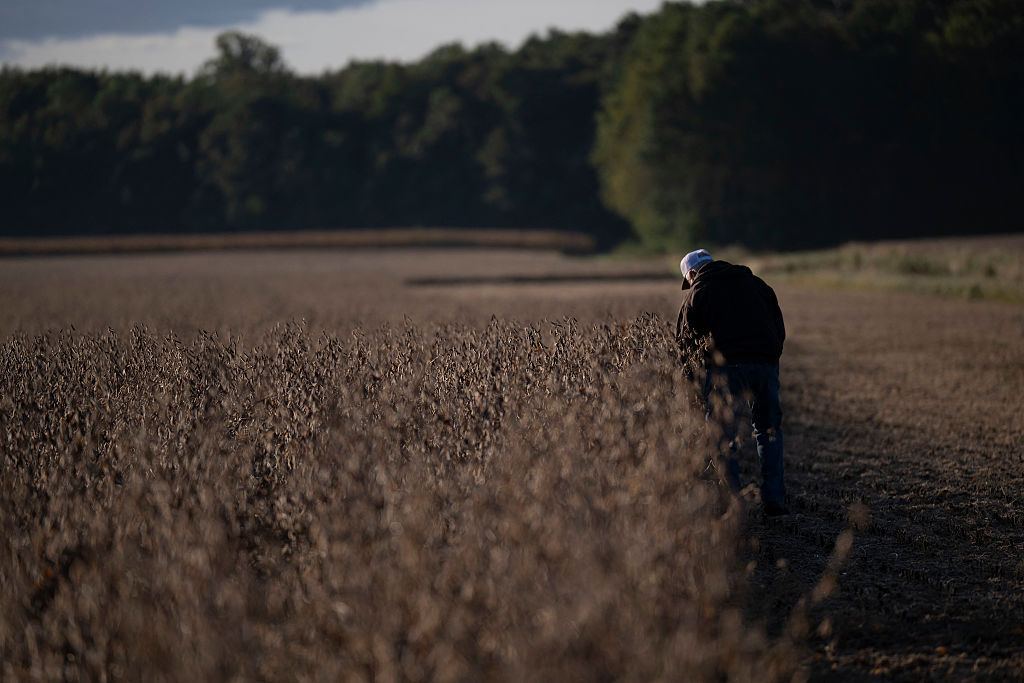The future of farming may be below the soil
Think of urban farming and the images that may come to mind are community garden, vertical greenhouse or even a rooftop garden.
The farm Steven Dring operates in south London isn't like that. In fact, it's not even visible from street level. The operation is situated in an air raid shelter 100 feet underground that has been left vacant since World War II.
Dring, his co-founder, Richard Ballard, and a team of a dozen people grow lettuce and microgreens hydroponically, year-round, in the shelter, which includes two tunnels. The produce is then sold to restaurants and stores around London.
"It does seem completely counterintuive to build a farm underneath the soil, but it's actually one of the best environments to do it," Dring said.
"You've got that duvet of 100 feet of soil, which insulates the tunnel—it's like someone's built a greenhouse for us. You have LED lights and hydroponics, which has been around forever. We just put it all together and re-purpose an unloved space."
The operation, called Growing Underground, is competitive with traditional farming because their model excludes many of the costs large agribusiness has to contend with, Dring said. The startup sells locally, meaning it doesn't have to ship produce long distances. Another advantage is they don't have to heat or cool the underground tunnel, which stays at steady temperature because it's so far under the earth.
"The one cost that we have consistently all year round is our energy cost, the cost for the LED lighting," Dring said. "Our seeds cost the same, our water costs the same, our nutrients cost the same."
Hydroponic agriculture grows food without soil, suspending plants in water filled with nutrients. Because the water can be captured and reused, hydroponics uses only about one-third of the water consumed in traditional farming. That's especially important these days because industrial-scale agriculture has severely depleted the soil in many places and caused other environmental harm.
Until recently, hydroponics usually came with high start-up costs, meaning a farmer could wait for years before seeing a profit. Dring, who recently reached a distribution deal with Marks and Spencer, one of the U.K.'s largest retailers, expects Growing Underground to break even later this year.
"I'm going to get drunk for a week when that happens," he joked. "I've already told my investors."
Beyond the novelty of growing food in the bowels of London, Growing Underground's approach shows that it's possible to feed a growing population without the carbon-intensive effects of conventional industrial agriculture, which is in many ways unsustainable.
"They can grow food under deserts, they can grow food in old salt mines, they can grow food in old World War II bunkers," said Daniel Epstein, CEO of the Unreasonable Group. "They can port this model to any town in the world."
The Unreasonable Group incubates and invests in companies tackling social issues, including Growing Underground and other startups growing food with hydroponic and aquaponic technology.
"Urbanization is the largest movement of humans in the history of humankind," Epstein said. "Urban environments are also food deserts, because all the food is grown on the outskirts. That has to stop."
Dring is already scoping out sites in other parts of England, and said he has his sights set on a number of U.S. locations. He doesn't see the group as competitors to traditional farming, but rather as a complement.
"Farmers are looking at the future," he said, "and they start to look at us, and say, 'Well, if you can use agricultural technology and intensify the yields when you grow produce, can you start to grow in different spaces?'"




